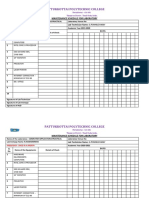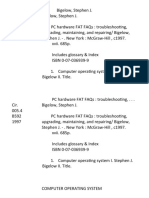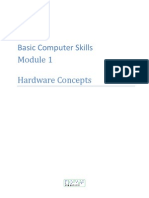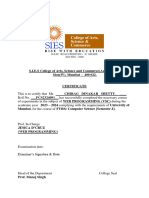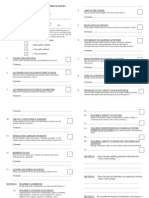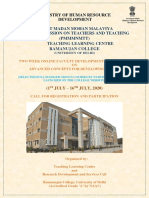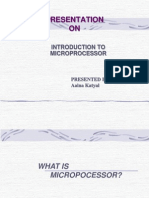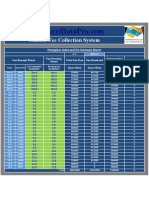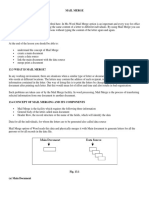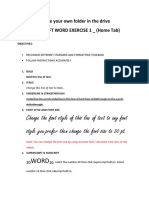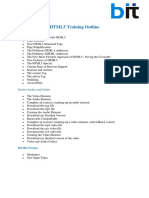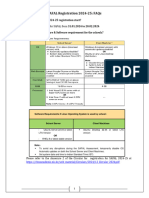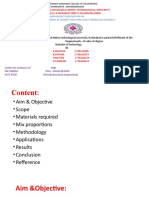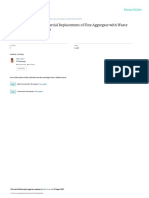0% found this document useful (0 votes)
1K views5 pagesLibrarian Syllabus
The document outlines the syllabus for a Librarian degree program. It covers 10 units on topics such as the foundations of library science, information sources and services, information processing, library management, information technology, digital libraries, and research methodology. It provides a detailed list of concepts and topics to be studied within each unit.
Uploaded by
NaReN KumarCopyright
© © All Rights Reserved
We take content rights seriously. If you suspect this is your content, claim it here.
Available Formats
Download as PDF, TXT or read online on Scribd
0% found this document useful (0 votes)
1K views5 pagesLibrarian Syllabus
The document outlines the syllabus for a Librarian degree program. It covers 10 units on topics such as the foundations of library science, information sources and services, information processing, library management, information technology, digital libraries, and research methodology. It provides a detailed list of concepts and topics to be studied within each unit.
Uploaded by
NaReN KumarCopyright
© © All Rights Reserved
We take content rights seriously. If you suspect this is your content, claim it here.
Available Formats
Download as PDF, TXT or read online on Scribd
/ 5




